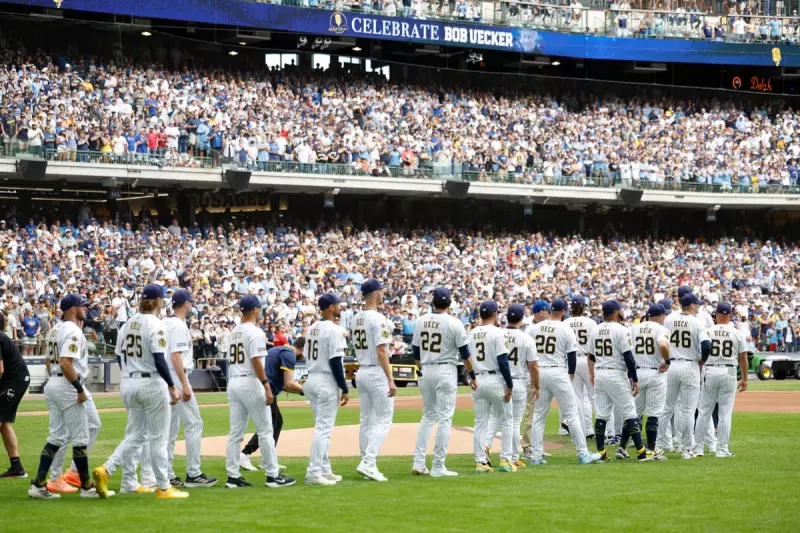
In one of baseball's most peculiar political crossovers, the Milwaukee Brewers orchestrated an unprecedented honour for a controversial US President that remains unique in Major League Baseball history.
The year was 1982 when the Brewers' front office made the startling decision to induct then-disgraced former President Richard Nixon into their team's Hall of Fame. This extraordinary gesture came despite Nixon's resignation from the White House eight years earlier following the Watergate scandal.
The team's then-owner, Bud Selig – who would later become MLB Commissioner – extended the invitation to Nixon during a private meeting. According to historical accounts, Nixon initially hesitated, questioning whether his association might prove embarrassing for the franchise.
Selig reportedly reassured the former president, insisting the Brewers organisation would be "honoured" by his acceptance. The ceremony took place during a home game against the Boston Red Sox, where Nixon received a customised Brewers jersey with the number '37' – representing his position as the 37th US President.
Nixon's connection to baseball wasn't entirely fabricated. During his presidency, he frequently proposed line-up suggestions to various MLB managers, demonstrating genuine knowledge of the sport. His 1972 first pitch at Game 5 of the World Series between Oakland and Cincinnati remains part of baseball lore.
The Milwaukee ceremony proved surprisingly successful, with Nixon receiving a standing ovation from the crowd. The former president spent innings chatting with players in the dugout and even signed autographs for fans – a marked contrast to his typically reserved public persona.
This event remains the only instance of a US president being inducted into a professional baseball team's hall of fame. The Brewers' unusual tribute represents a fascinating intersection of American politics and sports culture during the late 20th century.
Today, the story serves as a reminder of how sports organisations sometimes operate outside conventional political boundaries, creating unexpected historical moments that continue to intrigue baseball historians and political commentators alike.





